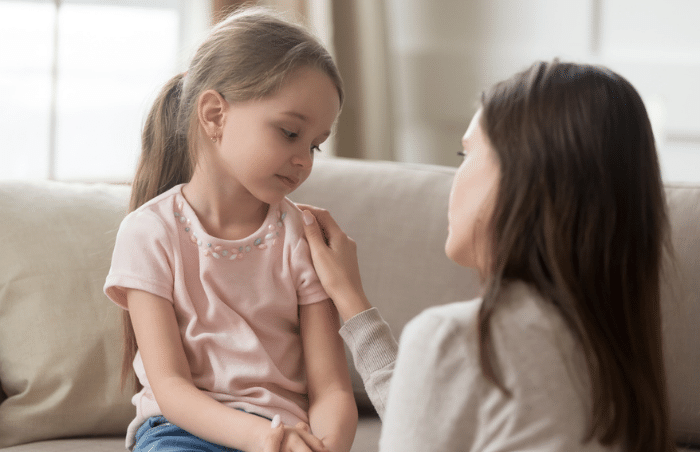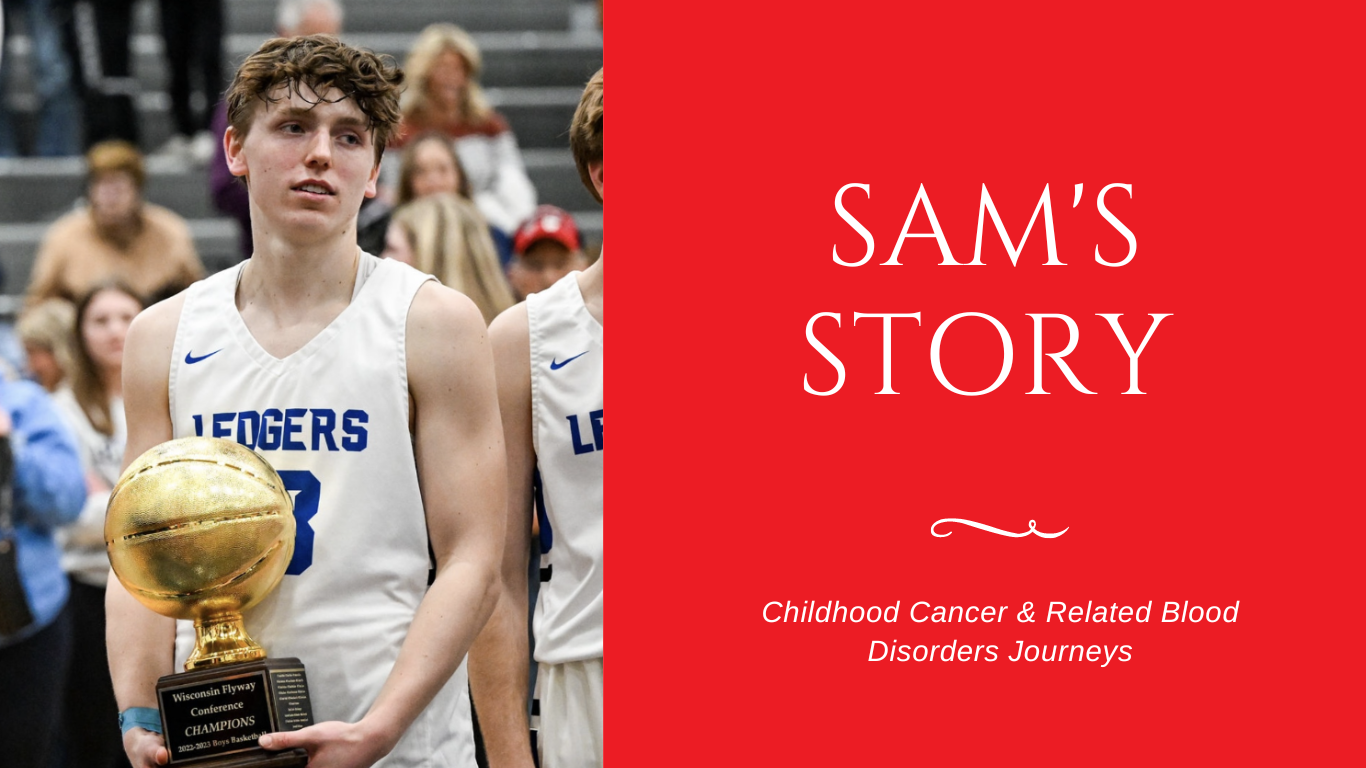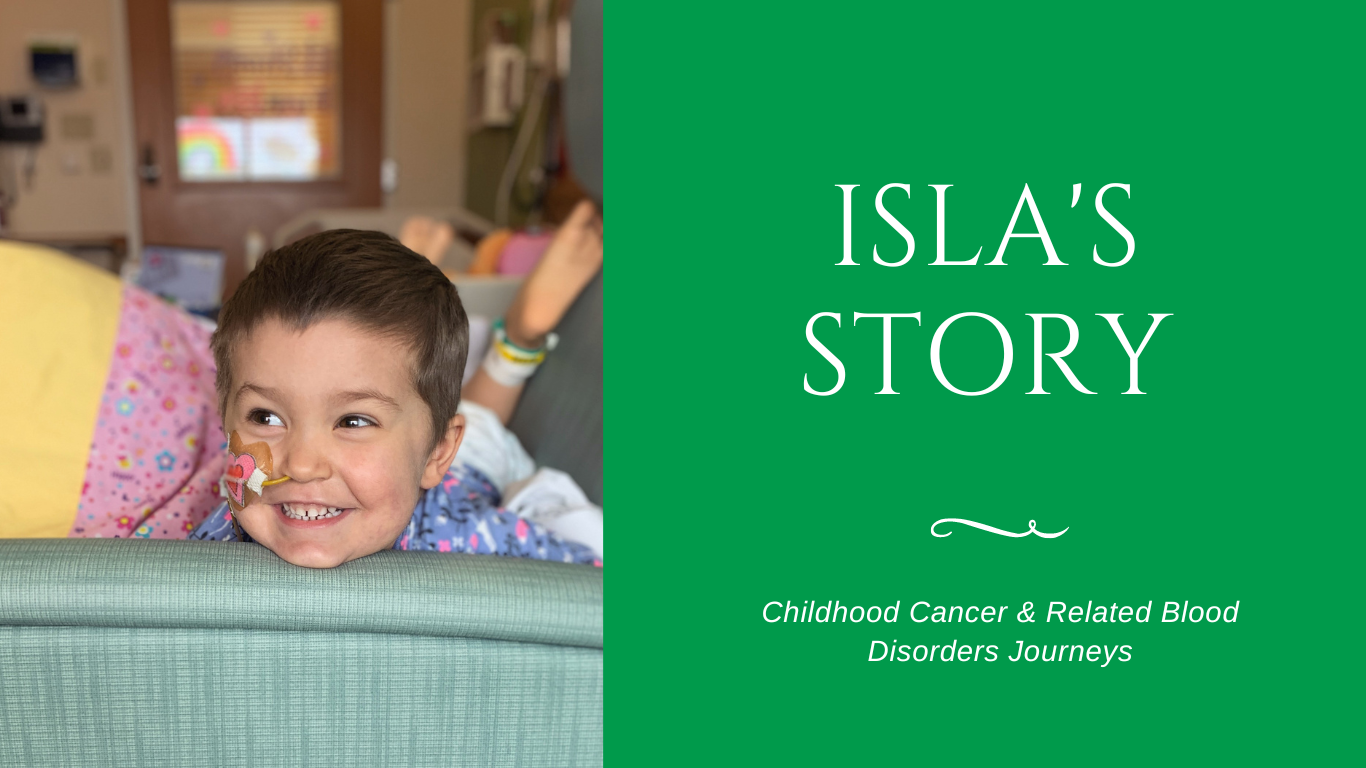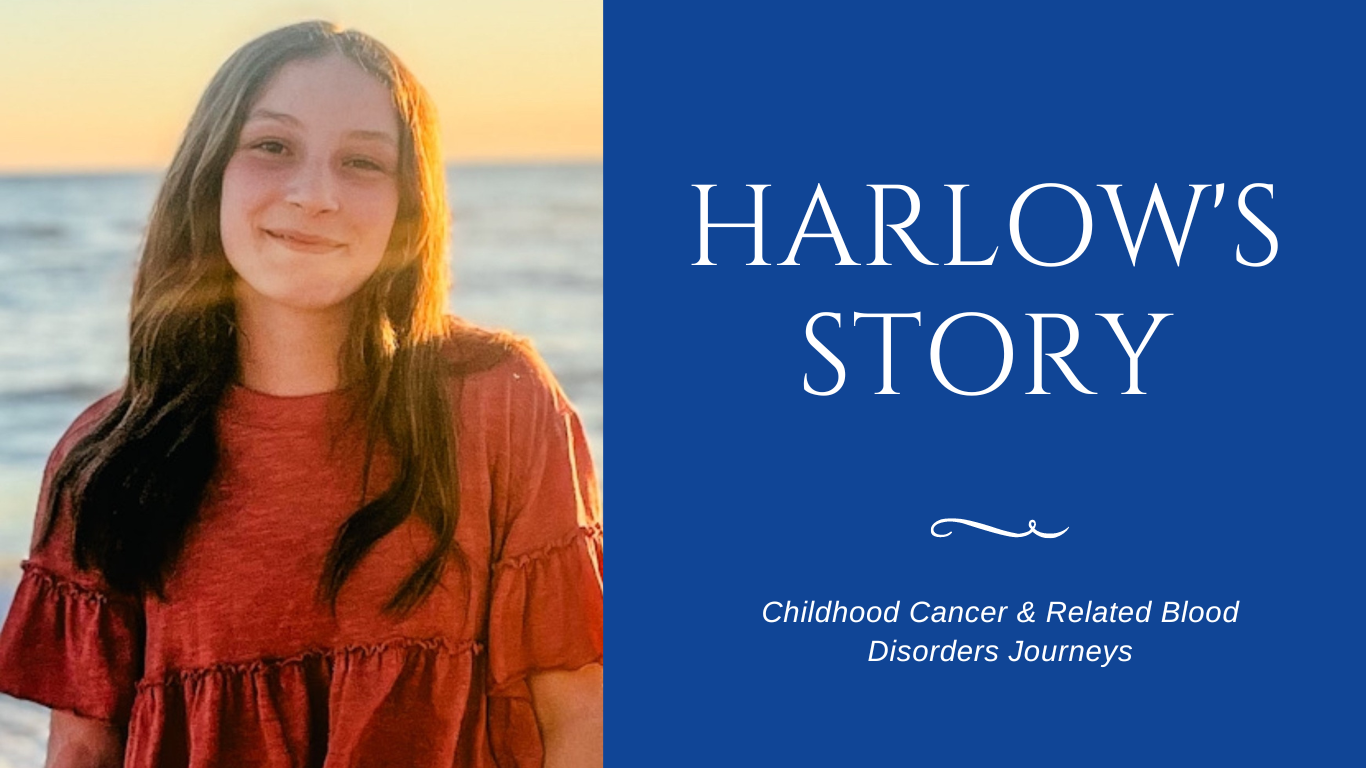
Mental Health Matters for Children & Families Affected by Pediatric Cancer
 Most people know that a childhood cancer diagnosis is a life-changing event. The physical effects of cancer are obvious – the child going through treatment may lose their hair due to chemo, experience scarring from surgery, or have weight changes as a side effect of medications. The emotional effects are often much harder to see, and unfortunately that means they are often overlooked. This is true both for the child who is enduring treatment and other family members, like parents and siblings. Many families juggle a variety of concerns in addition to cancer treatment, like financial stress and maintaining important relationships. Keep reading to learn about some of the ways that cancer impacts the mental health of children and families.
Most people know that a childhood cancer diagnosis is a life-changing event. The physical effects of cancer are obvious – the child going through treatment may lose their hair due to chemo, experience scarring from surgery, or have weight changes as a side effect of medications. The emotional effects are often much harder to see, and unfortunately that means they are often overlooked. This is true both for the child who is enduring treatment and other family members, like parents and siblings. Many families juggle a variety of concerns in addition to cancer treatment, like financial stress and maintaining important relationships. Keep reading to learn about some of the ways that cancer impacts the mental health of children and families.
How does cancer impact a child’s mental health?
Children who are diagnosed with cancer must undergo a variety of painful, frightening medical procedures leading up to the diagnosis, throughout treatment, and into survivorship. These experiences may trigger anxiety that interferes with a child’s quality of life. Childhood cancer treatment also causes children to become immunocompromised, which means that they must avoid crowds to avoid becoming sick. Losing activities like school, sports teams, or play dates can lead to isolation and depression even in young children. Understandably, many children experience clinically significant anxiety, depression, or posttraumatic stress disorder as a result of their cancer experience. Being sick robs children of their innocence, and they must cope with this reality even after treatment ends.
How does cancer impact siblings’ mental health?
Siblings are forced to adjust to a “new normal” after a childhood cancer diagnosis in the family. The needs of the child who is receiving treatment take center stage, and one parent often lives in the hospital due to the demands of treatment. As a result, siblings have to give up time and attention with their loved ones as the family manages childhood cancer treatment. This can cause conflicting emotions for siblings. On one hand, they often recognize the importance of their sibling’s treatment and want to provide support however they can. On the other, it is natural to feel jealous or sad about having another child in the family receive lots of attention. Additionally, siblings may feel uncertain about what cancer is and the possible outcomes of treatment. These issues and more make it critical to provide siblings with compassionate, empathetic support throughout the family’s cancer journey.
How does cancer impact parents’ mental health?
For parents, receiving the diagnosis of childhood cancer can be a very traumatic event, and many parents experience posttraumatic stress symptoms during or after their child’s treatment. These can include intrusive memories of being at the hospital or seeing their child ill, negative thoughts about being at fault for their child’s diagnosis (cancer is never a parent’s fault) or feeling “on edge” even in safe situations. As most of us can imagine, there are a lot of fears that come with a cancer diagnosis. A parent’s worries often change over time depending on how their child is doing. Due to the possibility of cancer relapse, anxiety about cancer is a long-term challenge.
What can friends and family do to support a family’s mental health through pediatric cancer?
Even with all of the challenges that come with childhood cancer, many families are able to find ways to live each day with hope. Sometimes family members may want to talk about their stress, and at other times they may prefer to get their minds off of cancer. Because no two experiences are alike, asking and listening to what each family member needs is a great place to start. Anything from grocery shopping to spending time with siblings may be appreciated when parents are stretched thin. It’s also important to remember that the need for support doesn’t end when treatment ends. Like many challenges, childhood cancer shouldn’t be faced alone.
For more suggestions on how you can help, check out our other blog post “Ways to Help Families After a Diagnosis”. To share your experience with childhood cancer, whether as a parent, patient, or sibling to raise awareness and be featured on the blog, email Danielle at dtorgerson@maccfund.org




